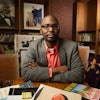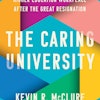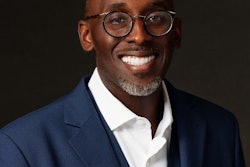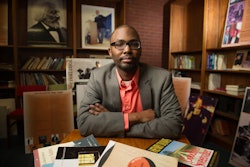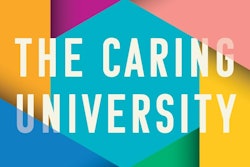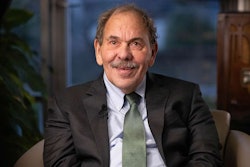*
While growing up, a career in medicine appealed to Dr. Hana Abdalla because of the community good she could accomplish. Women’s health issues also intrigued her because so many of them were not openly discussed in her native Sudan.
“They were taboo,” says Abdalla, 35. “It was considered dirty to speak about them.” The lack of public awareness about women’s physiology illustrated her homeland’s patriarchal climate in the 1980s and 1990s, says Abdalla, currently a University of Maryland, College Park research associate.
A firsthand run-in with similar social mores occurred in 1997 when, as a college teacher in Sudan, Abdalla sought routine travel documents for an academic conference overseas. A male government official wouldn’t consider her application without a letter from her father endorsing her travel. Even after Abdalla provided the letter, the official detained her for hours and accused her of insidious motives.
That detention convinced Abdalla it was best to leave her country. She held a bachelor’s in medical laboratory science, the U.S. equivalent of biomedicine, from Omdurman Ahlia University, where she’d also taught for two years. With more education and clout, she thought, she could perhaps better help women improve their own health care and overall quality of life. “It wasn’t just about work and science, but also about me working with women and for women,” she says. “Maybe I can help cure a disease.”
A relative helped arrange passage for her on a London-bound cargo plane. Abdalla eventually moved on to Sweden, where she earned a master’s in infectious medicine at the Karolinska Institutet and a doctorate in medical microbiology from Linköping University. Along the way, she took advantage of opportunities to study cervical cytology, absorbing more about gynecological health than she believes would have been possible had she stayed in Sudan.
At a conference, she met a UMD faculty member, which led to her hire in January 2008 to do tuberculosis vaccine research.
Abdalla is in the second half of a twoyear UMD fellowship. Additional financial support comes from the Institute of International Education’s Scholar Rescue Fund (SRF), which assists those whose academic freedom is jeopardized in their home countries until conditions there improve. Abdalla relishes her tuberculosis vaccine research not only because it could help save countless lives, but because she’s expanding her scholarship without fear of the harassment or persecution she faced in Sudan.
“Hana was stifled in Sudan,” says Sarah Willcox, SRF deputy executive director.
She corroborates Abdalla’s account of her life in Sudan. Abdalla is one of only 52 women SRF has sponsored since 2002 and the only Sudanese. SRF has assisted a total of 267 scholars.
At UMD, Abdalla’s research is comparative analysis of tuberculosis- causing bacteria, infected cells and the body’s immune response system. An effective TB vaccine for children exists, but it’s much less reliable for adults. Consequently, her lab experiments could improve the vaccine’s effectiveness for adults. She doesn’t mind that her UMD work isn’t female-targeted because it could help save countless lives anyway. She isn’t sure of her post-fellowship future. Moving back to Sudan is possible, especially because her aging parents remain there. Regardless, she harbors hope of somehow playing a role in her homeland’s ongoing modernization, “especially for women,” she says.
© Copyright 2005 by DiverseEducation.com


